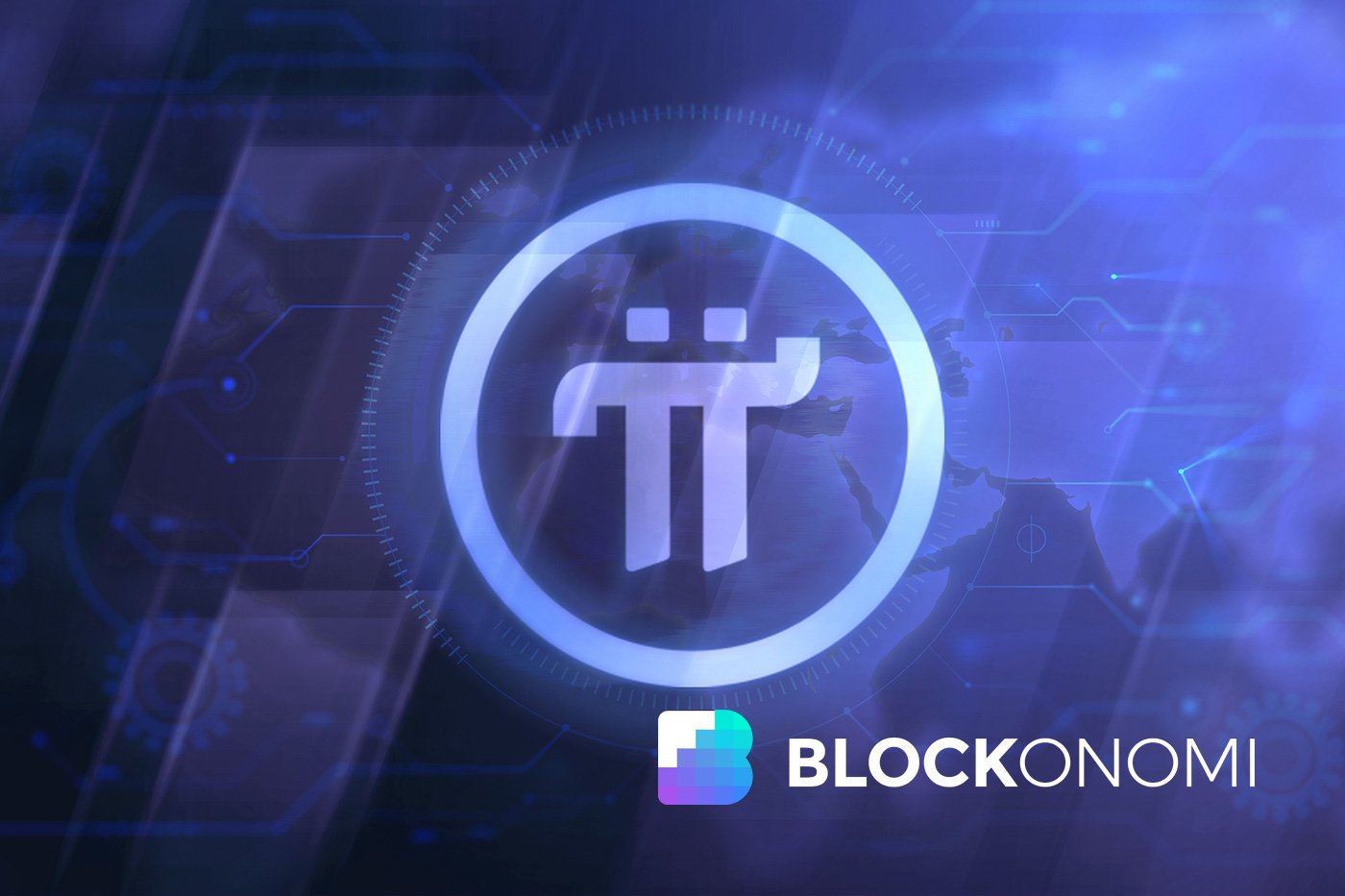Ethereum and Nokia: A Comparison
In the ever-evolving world of technology, the tale of Ethereum and Nokia serves as a stark reminder of the importance of adaptability and innovation in the face of competition. The following analysis aims to draw parallels between these two entities, shedding light on the lessons we can learn from their respective journeys.
Ethereum: The Rising Star
Ethereum, a decentralized open-source blockchain platform, has gained significant traction in the tech world since its inception in 2015. Built on the principles of smart contracts, Ethereum offers a platform for developers to build decentralized applications (dApps) that can execute transactions without the need for intermediaries. The Ethereum Virtual Machine (EVM) is the backbone of this platform, enabling the execution of these smart contracts.
Nokia: The Fallen Giant
Nokia, on the other hand, was once a dominant player in the tech industry, particularly in the mobile phone market. Founded in 1865, Nokia’s first mobile phone was introduced in 1992. By the late 1990s and early 2000s, Nokia held a market share of over 40% in mobile phones. However, the company’s failure to adapt quickly enough to the changing market led to its downfall.
The Comparison
Both Ethereum and Nokia started as trailblazers in their respective domains. Ethereum, with its innovative approach to decentralized applications and smart contracts, has disrupted traditional industries and paved the way for a new era of technology. Nokia, on the other hand, brought mobile phones to the masses and revolutionized communication.
However, as the tech landscape evolved, both entities faced challenges. For Nokia, the rise of Apple’s iPhone and Google’s Android operating system led to a loss of market share. The company’s failure to adapt to these new technologies and business models proved detrimental. Similarly, Ethereum’s success has attracted competition from other blockchain platforms, such as Solana and Cardano, each offering their unique value propositions.
Impact on Individuals
As individuals, we can learn valuable lessons from the stories of Ethereum and Nokia. The importance of staying informed about emerging technologies and adapting to change cannot be overstated. By embracing new technologies and continuously learning, we can future-proof our skills and remain competitive in the job market.
Impact on the World
On a broader scale, the comparison between Ethereum and Nokia highlights the importance of innovation and adaptability in the tech industry. As new technologies emerge, established players must be prepared to evolve or risk being surpassed. This competition drives innovation and progress, ultimately benefiting society as a whole.
Conclusion
In conclusion, the comparison between Ethereum and Nokia serves as a powerful reminder of the importance of adaptability and innovation in the face of competition. As technology continues to evolve at an unprecedented pace, individuals and organizations must be prepared to learn, adapt, and innovate to remain relevant. By doing so, we can contribute to a world where technology drives progress and improves our lives.
- Ethereum and Nokia started as trailblazers in their respective domains.
- Both entities faced challenges as the tech landscape evolved.
- Individuals can learn valuable lessons from the stories of Ethereum and Nokia.
- The importance of innovation and adaptability in the tech industry cannot be overstated.





